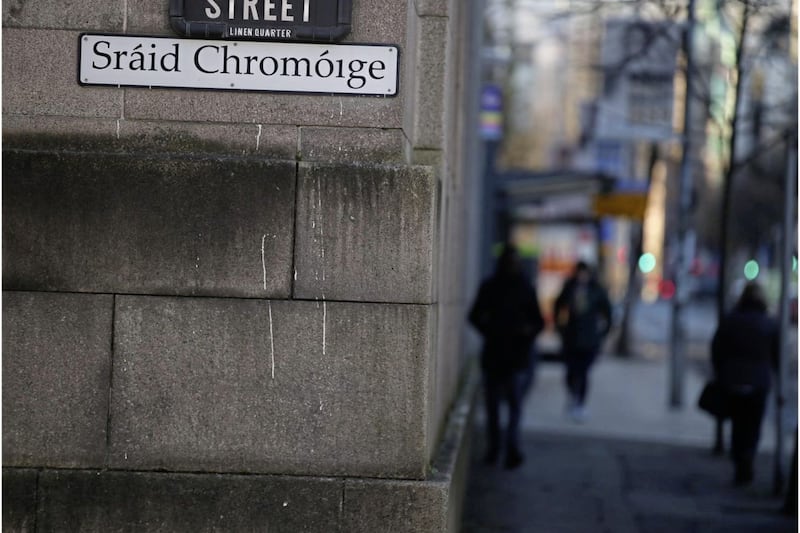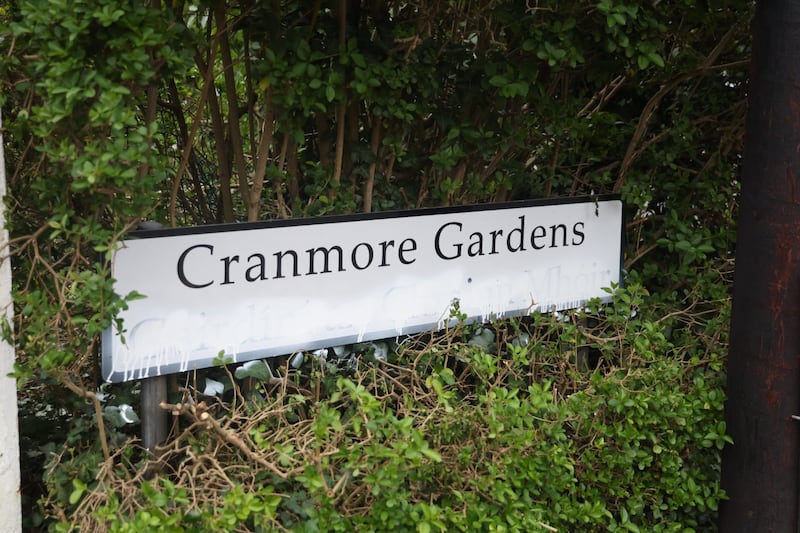THE chief executive of Belfast City Council insists there is "no reason to be concerned" at remarks made by a senior Brussels official earlier this week that its bid with Derry to be European Capital of Culture in 2023 could unravel in the post-Brexit era.
Michel Magnier, director for culture and creativity at the EU's Directorate General for Education and Culture, threw an unexpected spanner into the works on Tuesday when he suggested that any UK city bid in six years' time "could now be a big problem".
But Suzanne Wylie has hit back, claiming the UK's status in Europe after March 2019 will be "irrelevant" to the bid status.
She told a reception in the Northern Ireland Executive’s Brussels office that she has clarified the position specific to the ECOC bid was was "wholly satisfied" the Belfast and Derry City & Strabane District Council bid would progress as planned.
Ironically Mr Magnier was on the guest list for the Brussels reception, but didn't turn up.
He would have heard Ms Wylie refer to a number of cities which have held the culture capital title while not part of the core EU, including Reykjavik, Bergen and Istanbul, while in 2021 the title has been awarded to Novi Sad in Serbia, which is not a member nation.
"We might be out of the European Union in 2023 but we're still a vibrant European city," she told the gathering of European and Irish dignitaries, including MEP Diane Dodds and West Belfast MP Paul Maskey.
"Our cities will still need to learn from Europe, but equally Europe can learn from us and maintain a level of cooperation around culture," Ms Wylie added.
Derry's chief executive John Kelpie, who was also represent, said the ECOC campaign has been gathering momentum and said: "As we continue to raise awareness it’s starting to capture the imaginations of people in all sectors and the true scale of the opportunity presented by the title is now beginning to emerge.
“From a city development perspective, European Capital Status will assist us in developing culture-led regeneration and if successful there will be significant economic and social benefits with the potential to enhance the city’s infrastructure, promote physical regeneration, drive inward investment and boost the profile of the entire region.”
The Belfast-Derry bid must be submitted by October 27, where they will face UK opposition from Leeds (the early favourite for the title), Nottingham, Dundee and Milton Keynes.
The cities will then make a formal pitch to Westminster’s Department for Culture, Media and Sport at the end of November from which two or three will be short-listed and then given nine months to work up a detailed proposal and secure the necessary finance.
In the case of Belfast/Derry, the bid will cost around £55 million, but is conservatively estimated to yield a 20-fold return. Some £27.5m will come from regional and national government, £3m each from the Lottery and EU, and £5.5m from the private sector (primarily business backing).
Each of the two bidding councils will chip in £6.5m, while the British Council and other foundations will contribute £2m and another £1m is projected to come from ticket sales.
UK cities have previously been European Capital of Culture twice – Glasgow in 1990 and then Liverpool in 2008, where it is estimated that its £170m input yielded an economic return of £800m.





